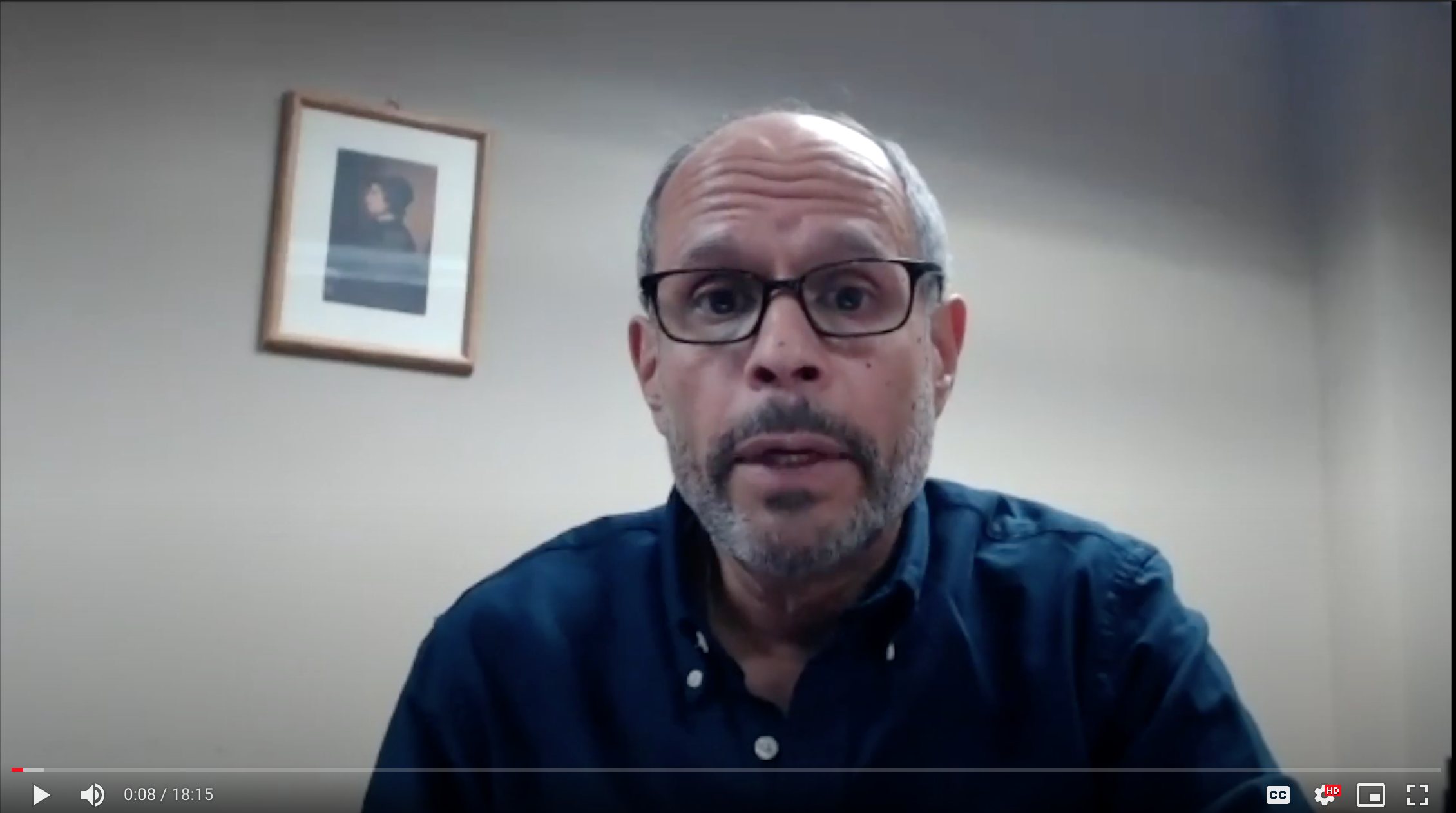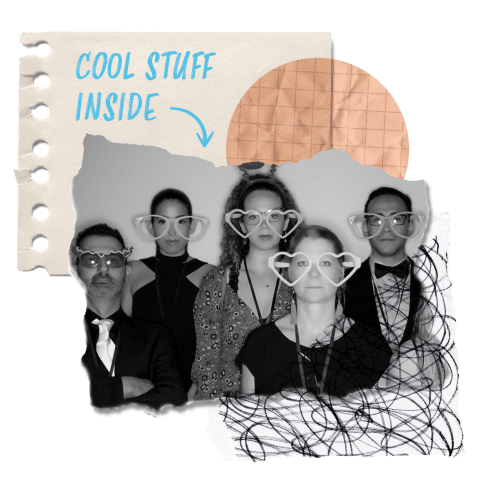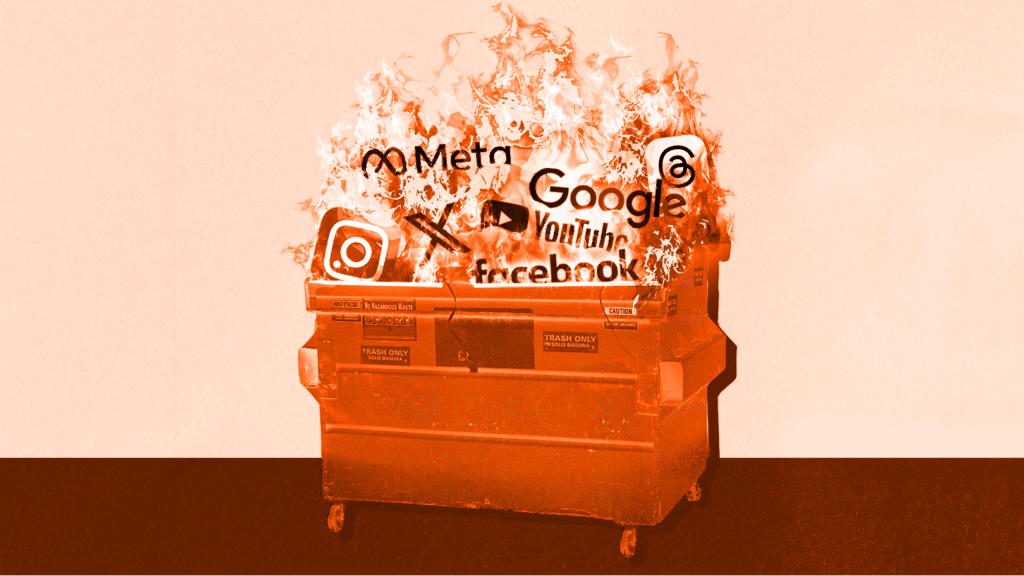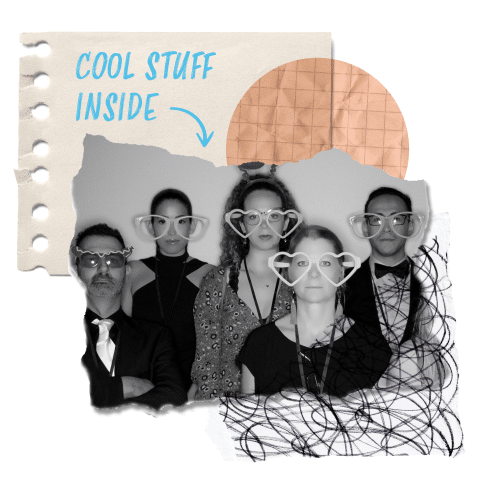We often talk about our work and our relationship with the executive team at Father Joe’s Villages as a shining example of how to incorporate strategic communications into an organization. The need to communicate during COVID-19 specifically shined a light on our communications strategy and implementation, and we’re happy to report that we’ve learned how much our mutual trust and respect that we’ve built overtime has made all of the difference in our effectiveness.
More than 7 years ago when we first began our extension-of-staff relationship with the homeless services provider, we began a weekly communications meeting that includes the media relations consultants (that’s us), the internal communications team, and the executive team.
In these meetings, we put it all on the table – strategic considerations happening at the highest level in the organization, possible communications outcomes that could impact the organization’s well-being, and “if, then” options so that we can best prepare for the toughest of media interviews.
It is with this timely and dependable system that we entered into a season of response to the coronavirus, requiring our communications strategy and coordination to pivot with the needs. While we relied on very traditional core principles of crisis communications, we also adapted those to meet the speed and demand that finds you when it’s a crisis that affects the world over.
Be on the Same Page
Our typical once-a-week meeting schedule wasn’t often enough to keep up with the quickly changing information unfolding on a daily and sometimes hourly basis. We temporarily changed our meeting schedule to meet twice a week to allow us enough time to get updated, debate options and agree on a game plan.
Centralize Media Opportunities
We often consider press conferences or media briefings as one-off strategies to communicate big news, but in the reality of COVID-19, we saw that media wanted more access to those in charge at the homelessness organization. We were getting one-off media requests several times a day. This, as you can imagine, requires an immense amount of time from the leadership team – whose top priority is to serve those who need a safe place to call home. We formalized a weekly media press briefing (via Zoom, of course) that we could use to plan big news announcements from the organization, and in lighter news weeks, we offer those as “office hours” to media.
Offer Weekly Updates Via Email
In addition to a weekly media briefing, we instituted a weekly email update to media where we included news and also inspirational stories of the people behind the services of the organization. Considering one-off pitches too slow and too demanding on our time, we began these weekly updates as a selection of pitches that our local media could pick and choose from.
Bring the Right People into Strategic Decision Making and as Messengers
Another basic principle of crisis communications is to ensure you have the right messenger. We expanded our bi-weekly meetings to include those who have essential information and who could be strategic messengers for the organization. A key person during COVID-19, as you can imagine, was the organization’s medical director, Dr. Norris. An instrumental voice helping our wider team understand what’s at risk and how to use our communications channels to lower, not raise anxiety to the threat, Dr. Norris also became a crucial spokesperson for the organization.
Collaborate, collaborate, collaborate
Father Joe’s Villages clearly doesn’t operate in a vacuum, especially during a pandemic. We needed to ensure that our communications strategies followed suit, looping in countywide partners as soon as we realized specific media opportunities needed to sync with others involved in the response. Certainly not a perfect science with something so wide sweeping, but we found the more that we could loop in other departments, the better our communications became.
Remember to find the good, too
This is a delicate balance to strike. We don’t have the perfect recipe to follow. But, we believe that the situation will become as big of a deal that you make it. In the case of COVID-19, if our collective team didn’t force ourselves to step back from the crisis response, we could miss opportunities to remember all of the wonderful things happening that we also needed to celebrate – volunteers, teammates, healthy clients, funders, collaboration with partners, creative solutions, and a general sense of the community of San Diego rising together to overcome this coronavirus.






